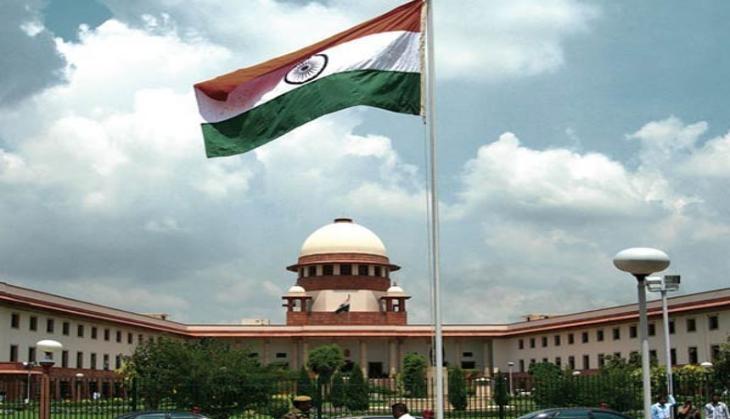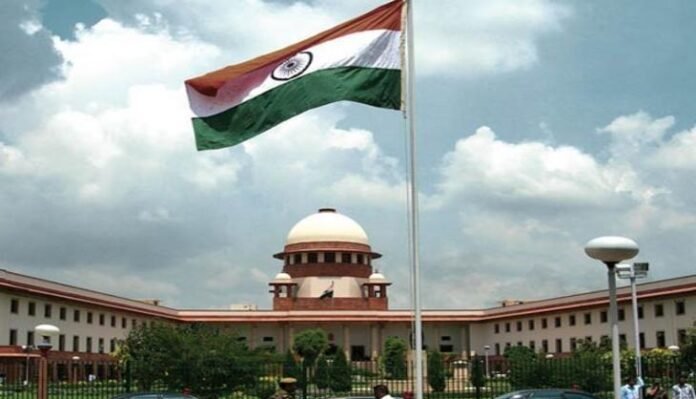[ad_1]

Supreme Court of India: Statutory Arbitration vs Arbitration under an agreed Arbitration Clause
In M/S Modern Builders vs the State of Madhya Pradesh2024 INSC 643 the Supreme Court of India dealt with the issue of whether a party which has not objected to arbitration under the arbitration clause which is otherwise subject to statutory arbitration can later object to the award passed in the contractual arbitration on the ground that the arbitration should have been invoked under the statute and not under the contractual arbitration clause.
Factual Matrix
The parties entered into an EPC contract to construct a minor bridge. The Employer rescinded the contract and the Contractor invoked the statutory arbitration provided under the Madhya Pradesh Madhyastham Adhikaran Adhiniyam, 1983 (‘1983 Act’). However, the EPC contract itself contained an arbitration clause. Therefore, considering the arbitration clause, the arbitral tribunal constituted under the 1983 Act held that the arbitration clause will be applicable to conduct arbitration between the parties. The Tribunal held that only when there is no arbitration clause, the provisions of the 1983 Act would apply.
Accordingly, the Contractor filed an application under Section 11(6) of the Arbitration & Conciliation Act, 1996 (‘Arbitration Act’) before the court seeking constitution of the arbitral tribunal as per arbitration clause. The application was allowed and a sole arbitrator was appointed who finally passed an award.
The award was challenged by the Employer under Section 34 of the Arbitration Act which was dismissed. However, the Employer succeeded in its appeal under Section 37 of the Arbitration Act as the Appellate court held that in a situation where parties have agreed for an arbitration clause in their contract which is otherwise amenable to statutory arbitration, the latter will prevail over former. This has been ruled in an earlier judgment of Madhya Pradesh Rural Road Development Authority & Anr. v. L. G. Chaudhary Engineers and Contractors (2018) 10 SCC 826 (‘Chaudhary Engineers’). The decision of the Appellate Court was challenged by the Contractor before the Supreme Court of India in the present case.
Parties Contentions
Before the Supreme Court, the Contractor argued that in Chaudhary Engineers the Court in paragraph 17 has held that if an award is already made by the arbitrator and if the objection to the jurisdiction of the arbitrator was not raised at an appropriate stage, the award may not be annulled only on that ground. According to the Contractor, since in the present case, the appointment of arbitrator was not objected to by the Employer, the above position of law enunciated in paragraph 17 Chaudhary Engineers will be applicable in the present case and the award cannot be set aside on this ground.
Per contra, the Employer argued that the objection regarding appointment of arbitrator by the court under the arbitration clause was raised in the ‘written submissions’ filed by the Employer before the Arbitrator and therefore, the above position of law propounded in paragraph 17 of Chaudhary Engineers will not be applicable in the present case.
Held
After considering the rival contentions, the Supreme Court held as under:-
• In the application filed by the Employer seeking setting aside of the award, the Employer has made objections only to the merits of the case and not on the appointment of arbitrator.
• The Employer has neither raised any objection against appointment of arbitrator before the court nor any application to that effect was filed before the arbitrator. Merely a passing contention was made by the Employer objecting the applicability of the 1983 Act before the arbitrator.
• In Chaudhary Engineers, the Supreme Court has inter alia held that although there was an arbitration clause, the 1983 Act (statutory arbitration) would apply.
• However, in the facts of the case, it will be unjust to set aside the award only on the ground of the failure of the Contractor to take recourse to the 1983 Act.
• Even assuming that the observations in paragraph 17 of the decision in Chaudhary Engineers, are not applicable, this is a fit case to exercise the extraordinary jurisdiction of the Supreme Court of India under Article 142 of the Constitution of India to ensure that complete justice is done.
Accordingly, the Court set aside the decision of the Appellate Court and restored the appeal under Section 37 of the Arbitration Act with a request to the Appellate Court to decide the same on merits.
Comment
This judgment reemphasises that while party autonomy is an established norm in arbitration, it cannot by-pass the mechanism of statutory arbitration provided in certain special statutes. A lesson can also be learned from this judgment that parties should advance all their objections in their petition under Section 34 of the Arbitration Act rather than half-heartedly taking them selectively in their written submissions. In this case, had the objection to the appointment of arbitrator under the arbitration would have been taken sufficiently at the appropriate stage, the fate of the matter could have been opposite. This also establishes that one may have a remedy under law however if the remedy has not been sufficiently exercised at an appropriate stage, it may lead to an adverse inference of waiver. Thus, it’s always good to attack an award with full blow rather than pursuing a mechanical Section 34 application just for the sake of it.
[ad_2]
Source link

